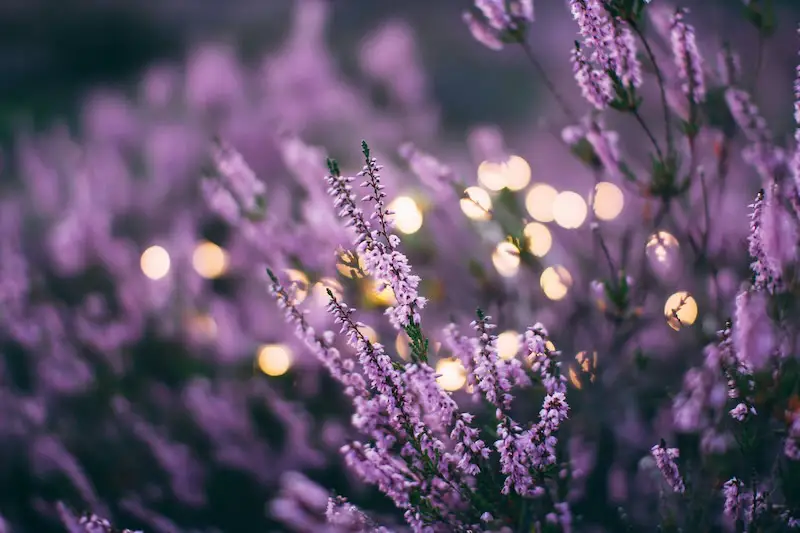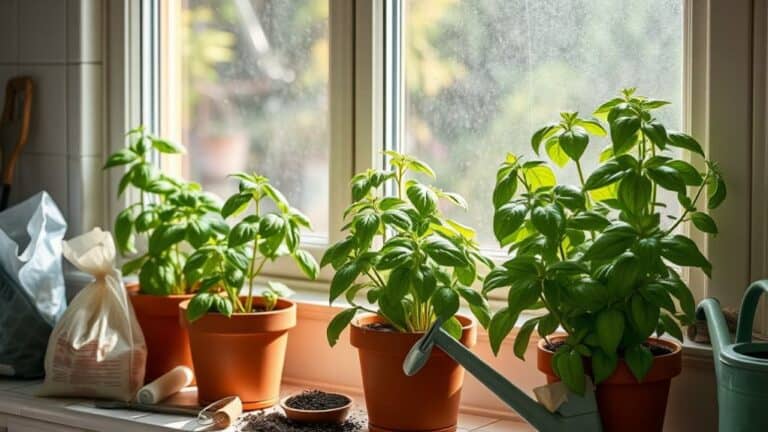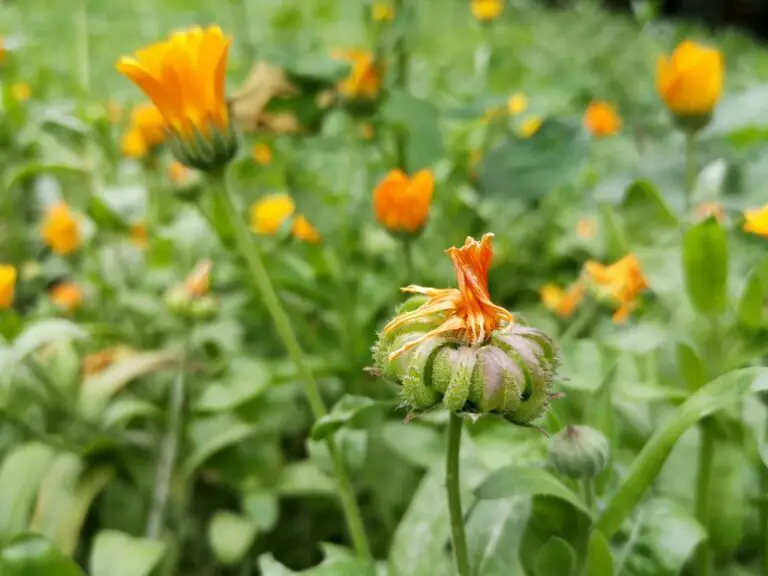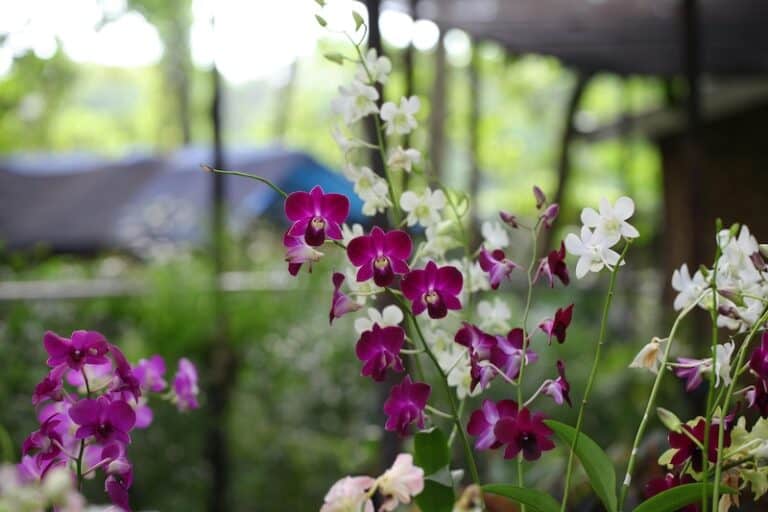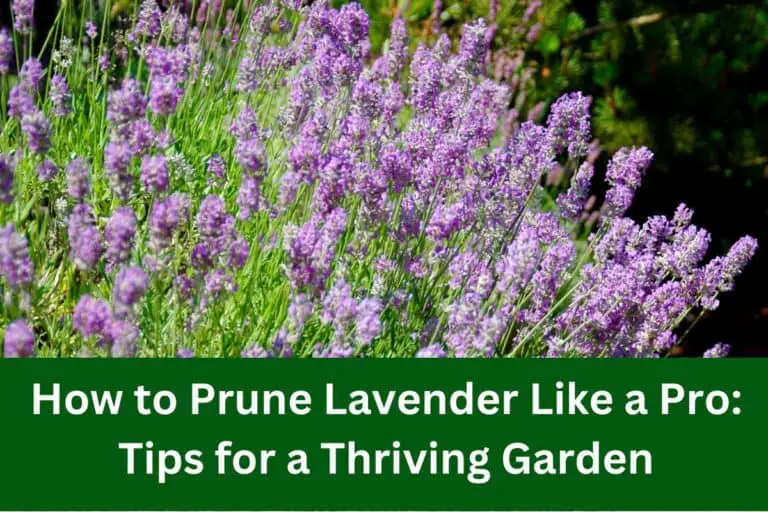13 Plants That Will Keep Mosquitoes Out of Your Garden
Mosquitoes are not just a nuisance; they can also carry diseases that pose serious health risks. While chemical repellents are commonly used, many people prefer natural alternatives. Certain plants are known for their mosquito-repelling properties, making them excellent additions to gardens, patios, and outdoor spaces. Here are 13 plants that can help keep mosquitoes at bay.
1. Citronella (Cymbopogon nardus)
Citronella is perhaps the most well-known plant for repelling mosquitoes. This tall grass has a strong lemony fragrance that masks other scents, making it difficult for mosquitoes to locate their targets. Citronella oil is a common ingredient in many mosquito repellents. The plant thrives in full sun and well-drained soil, making it suitable for garden beds or pots. Citronella plants can grow up to 6 feet tall and should be placed in strategic locations around outdoor seating areas to maximize their effectiveness. Regularly crushing the leaves can help release more of the plant’s natural oils.
2. Lavender (Lavandula spp.)
Lavender is not only a beautiful addition to any garden but also a potent mosquito repellent. Its strong floral scent is pleasing to humans but deters mosquitoes. Lavender thrives in sunny locations with well-drained soil and can be grown in garden beds, borders, or containers. The plant’s silver-green foliage and vibrant purple flowers make it an attractive and functional choice. To enhance its mosquito-repelling properties, you can crush the leaves and flowers and rub them on your skin. Additionally, drying lavender flowers and placing them indoors can help keep mosquitoes out of your home.
3. Marigolds (Tagetes spp.)
Marigolds are bright, cheerful flowers that repel mosquitoes with their distinctive scent. They contain a compound called pyrethrum, which is commonly used in insect repellents. Marigolds are easy to grow and thrive in full sun and well-drained soil. They can be planted in garden beds, borders, or containers and make an excellent companion plant for vegetables. The strong aroma of marigolds is effective in deterring mosquitoes and other garden pests. Placing marigold plants near windows, doorways, and outdoor seating areas can help create a mosquito-free zone.
4. Basil (Ocimum basilicum)
Basil is a versatile herb that not only enhances culinary dishes but also repels mosquitoes. Its strong aroma comes from essential oils that mosquitoes find unappealing. Basil thrives in warm, sunny locations with well-drained soil and can be grown in garden beds, containers, or window boxes. Sweet basil, lemon basil, and cinnamon basil are particularly effective at repelling mosquitoes. To maximize its effectiveness, you can crush basil leaves and rub them on your skin or place fresh basil leaves around outdoor seating areas. Basil also makes an excellent companion plant for tomatoes and peppers.
5. Catnip (Nepeta cataria)
Catnip is well-known for its effects on cats, but it is also highly effective at repelling mosquitoes. Studies have shown that catnip is ten times more effective at repelling mosquitoes than DEET, the active ingredient in many chemical repellents. Catnip contains nepetalactone, which gives it its strong scent. The plant is easy to grow and thrives in sunny or partially shaded areas with well-drained soil. Catnip can be planted in garden beds, borders, or containers. Crushing the leaves and applying the oil to your skin can provide additional protection against mosquitoes.
6. Lemon Balm (Melissa officinalis)
Lemon balm is a member of the mint family and has a strong lemon scent that mosquitoes find unappealing. The plant is easy to grow and thrives in partial shade and well-drained soil. Lemon balm can be planted in garden beds, borders, or containers and makes an excellent addition to herb gardens. The leaves can be crushed and rubbed on the skin to release their natural oils, providing additional mosquito protection. Lemon balm also attracts beneficial insects like bees and butterflies, making it a valuable addition to any garden.
7. Peppermint (Mentha piperita)
Peppermint is another member of the mint family that repels mosquitoes. Its strong menthol scent masks the scents that attract mosquitoes, making it difficult for them to locate their targets. Peppermint thrives in moist, well-drained soil and can be grown in garden beds, containers, or window boxes. The plant spreads quickly and can become invasive, so it is best grown in pots or confined areas. Crushing peppermint leaves and rubbing them on the skin can provide additional mosquito protection. Peppermint oil can also be mixed with water and used as a natural mosquito repellent spray.
8. Rosemary (Rosmarinus officinalis)
Rosemary is a fragrant herb that not only enhances culinary dishes but also repels mosquitoes. Its strong woody scent is unappealing to mosquitoes and other insects. Rosemary thrives in full sun and well-drained soil and can be grown in garden beds, borders, or containers. The plant’s needle-like leaves and blue flowers make it an attractive addition to any garden. Crushing rosemary leaves and rubbing them on the skin can provide additional mosquito protection. Rosemary branches can also be thrown on the grill to release their natural oils and create a mosquito-repelling smoke.
9. Geraniums (Pelargonium spp.)
Geraniums are popular flowering plants that also have mosquito-repelling properties. Scented geraniums, particularly those with lemon, lime, or citronella scents, are especially effective. Geraniums thrive in sunny locations with well-drained soil and can be grown in garden beds, containers, or hanging baskets. The plant’s vibrant flowers and pleasant scent make it an attractive addition to any garden. Crushing geranium leaves and rubbing them on the skin can provide additional mosquito protection. Geranium oil can also be mixed with water and used as a natural mosquito repellent spray.
10. Sage (Salvia officinalis)
Sage is a versatile herb with a strong aroma that repels mosquitoes. The plant thrives in full sun and well-drained soil and can be grown in garden beds, borders, or containers. Sage leaves can be dried and used in cooking, making it a functional addition to any herb garden. Burning sage leaves can create a mosquito-repelling smoke that is effective for outdoor gatherings. Crushing sage leaves and rubbing them on the skin can also provide additional protection against mosquitoes. Sage makes an excellent companion plant for vegetables and other herbs.
11. Lemongrass (Cymbopogon citratus)
Lemongrass is a tall, fragrant grass that repels mosquitoes with its strong lemon scent. The plant thrives in warm, sunny locations with well-drained soil and can be grown in garden beds, containers, or as a border plant. Lemongrass is a common ingredient in many mosquito repellents due to its high citronella content. Crushing the leaves and applying the oil to your skin can provide additional mosquito protection. Lemongrass also makes a flavorful addition to culinary dishes, especially in Asian cuisine.
12. Garlic (Allium sativum)
Garlic is well-known for its culinary uses, but it also has mosquito-repelling properties. The strong odor of garlic masks scents that attract mosquitoes, making it difficult for them to locate their targets. Garlic thrives in full sun and well-drained soil and can be grown in garden beds or containers. Crushing garlic cloves and rubbing them on the skin can provide additional mosquito protection. Garlic can also be used to create a natural mosquito repellent spray by mixing crushed garlic with water and applying it to outdoor areas.
13. Thyme (Thymus vulgaris)
Thyme is a fragrant herb that repels mosquitoes with its strong aroma. The plant thrives in full sun and well-drained soil and can be grown in garden beds, borders, or containers. Thyme leaves can be dried and used in cooking, making it a functional addition to any herb garden. Burning thyme leaves can create a mosquito-repelling smoke that is effective for outdoor gatherings. Crushing thyme leaves and rubbing them on the skin can also provide additional protection against mosquitoes. Thyme makes an excellent companion plant for vegetables and other herbs.
These 13 plants not only enhance the beauty and functionality of your garden but also help keep mosquitoes at bay. By incorporating these plants into your outdoor spaces, you can enjoy a more pleasant and mosquito-free environment.

